Movie Review Library - BL to BZ
|
Home
/ Latest Reviews / Review
Library |
Make sure you see the Latest Video Reviews page as well!
 |
Black Hawk Down (2001) |
 |
The Black Hole (1979) |
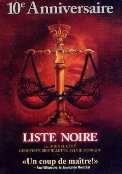 |
The
Black List (La Liste Noire) (Quebec - 1995) |
 |
Black Mask (Hong Kong - 1996) |
 |
Black Mask 2: City Of Masks
(Hong Kong - 2001) |
 |
Black Rain (1989) |
 |
The Blacksheep Affair (1998) |
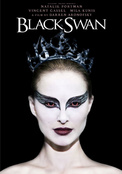
|
Black Swan (2010) |
 |
Blade (1998) |
 |
Blade II (2002) |
 |
Blade: Trinity (2004) |
 |
The Blade
(Hong Kong - 1995) |
 |
Blades of Glory (2007) |
 |
|
 |
Blair Witch Project, The (1999) |
 |
Blind Fury (1990) |
 |
Blood Diamond (2006) |
 |
*Classic* The Blue Angel (Der Blaue Engel) (Germany - 1930) |
 |
The Blue Butterfly (2004) |
 |
Blue Car (2003) |
 |
Blue Streak (1999) |
 |
Blue Thunder (1983) |
 |
Bobby (2006) |
 |
Bollywood Hollywood (Canada - 2002) |
 |
The Bodyguard (1992) |

|
Body of Lies (2008) |
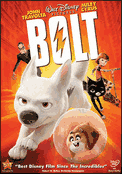 |
Bolt (2008) |
|
Bombay (India - 1995) |
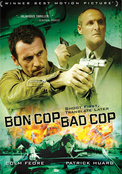
|
Bon Cop, Bad Cop (Quebec - 2006) |
 |
Bone Collector, The (1999) |
 |
Bon Voyage (France - 2003) |
 |
The Book of Life (1999) |
 |
Book of
Shadows: Blair Witch 2 (2000) |
 |
Born To Be King (Hong Kong - 2000) |
 |
Born to Defense (Hong Kong - 1986) |
 |
Bounce (2000) |
 |
The Bounty (1984) |
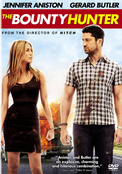 |
The Bounty Hunter (2010) |
 |
The Bourne Identity (2002) |
 |
The Bourne Supremacy (2004) |

|
The Bourne Ultimatum (2007) |
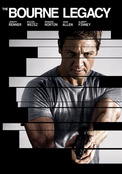
|
The Bourne Legacy (2012) |
 |
Bowfinger (1999) |
 |
Bowling for Columbine (2002) |
 |
Les Boys (Quebec - 1997) |
 |
Les Boys 2 (Quebec - 1998) |
 |
Brainstorm (1983) |
 |
Bram Stoker's
Dracula (1992) |
 |
Braveheart (1995) |
 |
Breach (2007) |
 |
Breaking the Waves (1996) |
 |
Brick (2005) |
 |
Bride & Prejudice (2004) |
 |
Bride
of Chucky
(1998) |
 |
*Classic*
The Bride of Frankenstein (1935) |
 |
The Bride With White Hair
(Hong Kong - 1993) |
 |
The Bride With White Hair 2 (1993) |
 |
The Bridge on the River Kwai (1957) |
 |
Bridge to Terabithia (2007) |
 |
Bridget Jones's Diary (2001) |
 |
Bringing Down the House (2003) |
 |
Bringing Out the Dead (1999) |
 |
Bring It On (2000) |

|
Brokeback Mountain (2005) |
 |
Broken Arrow (1996) |
 |
Brother (Japan - 2001) |
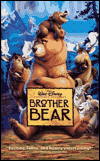 |
Brother Bear (2003) |
 |
Brotherhood of the Wolf (Le Pacte des Loups) (France - 2001) |
|
|
The Brothers Grimm (2005) |
 |
Bubble (2006) |
 |
The Bucket List (2007) |
 |
Buena Vista Social Club (1999) |
 |
|
 |
Bulletproof Monk (2003) |
 |
Bullets Over Summer (Hong Kong - 1999) |
 |
*Classic*
Butch Cassidy and the Sundance Kid (1969) |
 |
Butterfly and Sword (Hong Kong - 1993) |
 |
The Butterfly Effect (2004) |
|
Home
/ Latest Reviews / Review
Library |

